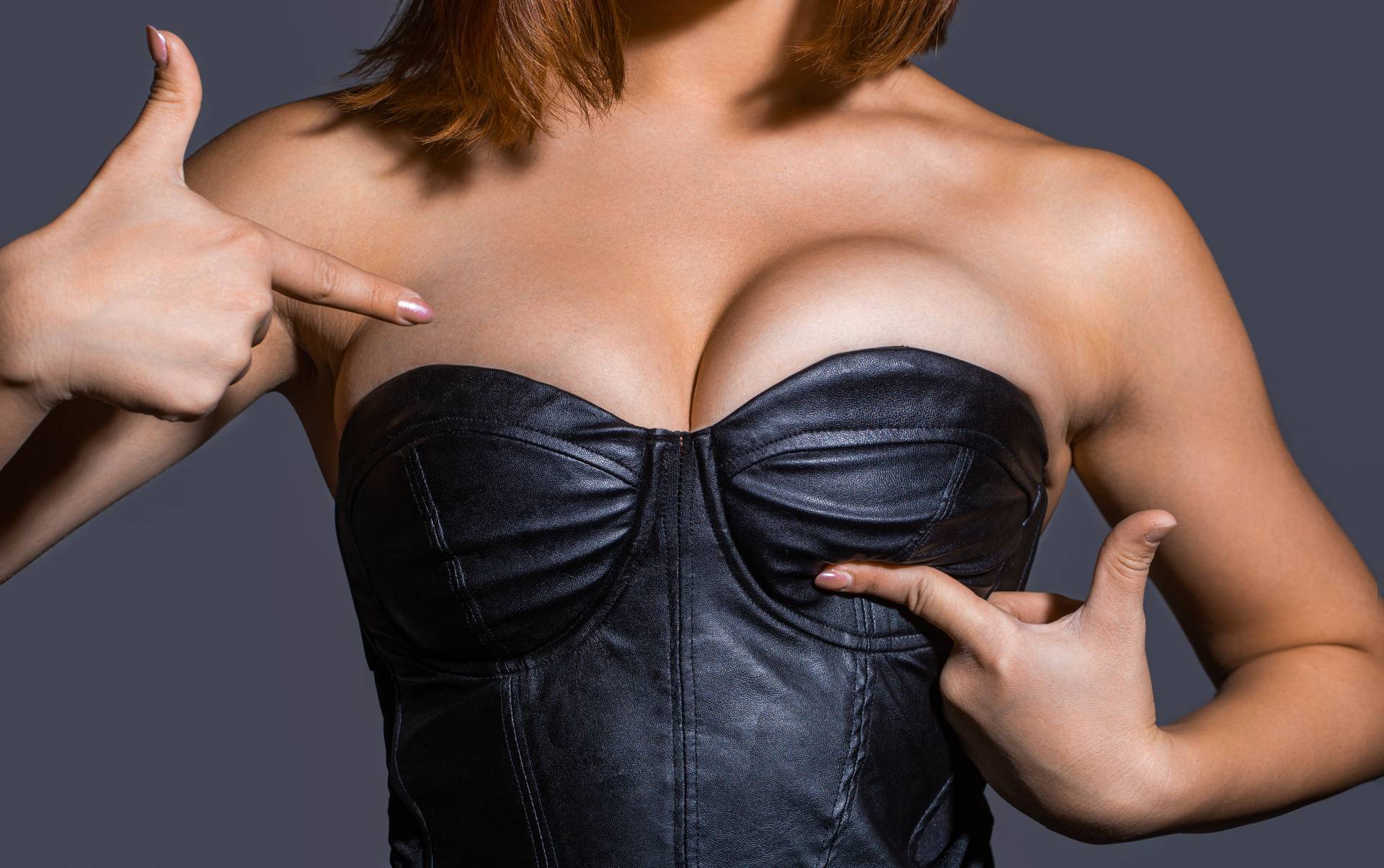The Ideal Breast


What is the ideal breast, and why does it matter? It doesn't... right? Yet, we often find ourselves comparing them, judging them, and being judged. In this article, we dive into why that is, why it's normal, and how to change your thinking when it feels like you don't measure up.
It is not a surprise that the answers to what an ideal breast is vary, as there are too many factors that influence what the breast looks like, such as size, amount of fat present in the breast, density, nipple size, areola size, shape, perkiness — to name a few factors. For those of you who are curious, many studies indicate that a majority of men and women prefer a size C breast. Unfortunately, the studies do not necessarily parse out women's ratings of self versus their ratings of others.
So why do we care?
We care because, as human beings, we are hard-wired to make comparisons all day long, every day. We don't necessarily compare the same thing or attribute every day to every person we see, nor are we entirely conscious of all the comparisons we make. From a brain perspective, this makes sense. Our brains make millions of daily assessments, measurements, and comparisons without you knowing it. Although we can't be aware of everything we are perceiving, remembering, and ultimately comparing, our brains can't help but notice what we perceive as differences between ourselves and others. Some of these differences are highly valued and, therefore, important enough to bring the comparison into our full awareness. Once in our awareness, we can make conscious choices about how to proceed with the information.
Experts agree that humans are social animals whose ancestors always lived and survived in groups. They posit that comparing yourself to others serves as a way to see where you stand in a group and whether you need to take some action, e.g., learning a new skill, changing a behavior, and enhancing or changing a physical concern or perceived defect of the body. I think the last point is what we concern ourselves with: Are my breasts too small? Too big? Too saggy? Is there anything else on my body that is smaller/larger, darker/lighter, longer/shorter, firmer/looser?
Not picking on the women here. Guys compare, too, and just like with women, comparisons can contribute to a negative self-evaluation. For example, recently, a well-endowed partner indicated that he would not want to do a threesome with someone who stated that his penis was 10.5 inches long. Surprisingly, at first, he stated that he was not concerned about penis size. His concern? The gentleman's physique was in question because, quite frankly, the gentleman in question appeared remarkably fit and muscular. So, although it was not the anticipated comparison, body image comparisons, in general, can be impactful and may plant seeds of self-doubt and insecurity. What we know is that the problem lies not in the comparing that our brains naturally do but in what we do with the information after we make the comparison.
Let's turn to the women again. What if you are at a topless resort and meet a woman who is very chatty and very focused on her figure? She asks "another woman" (wink), after looking at the other woman's breasts, if she has had a "boob job" or "ever" had breast augmentation in the past. Let it be known that both women are about 60 years old, and both in excellent physical shape. The woman being asked about her breasts is a size B breast on a good day, and although cute, the pair are not as perky as they once were. In fact, they look like some air has been let out of them — a slight tire deflation, so to speak, and have the appearance of perhaps having once been fuller. The questioner's voluptuous breasts are enhanced to approximately a size DD. So, would it be fair to say that the comment was not intended to build the deflated woman up? The comparison that was being made was evident, but again, it's not about the comparison — no matter how garish. It's about how you interpret the information presented. The almost-size-B woman actually likes her breasts and put the comment in the "that was strange" compartment in her head — a healthier location for socially awkward comments.
Not that comparisons are bad; we're wired to do them all the time. In fact, from a biological perspective, comparisons have contributed to our survival as a species. The problem arises when negatively interpreting the comparisons. We have to be aware that comparisons are just pieces of information ideally used for self-improvement, and it's the negative self-talk we should avoid.







